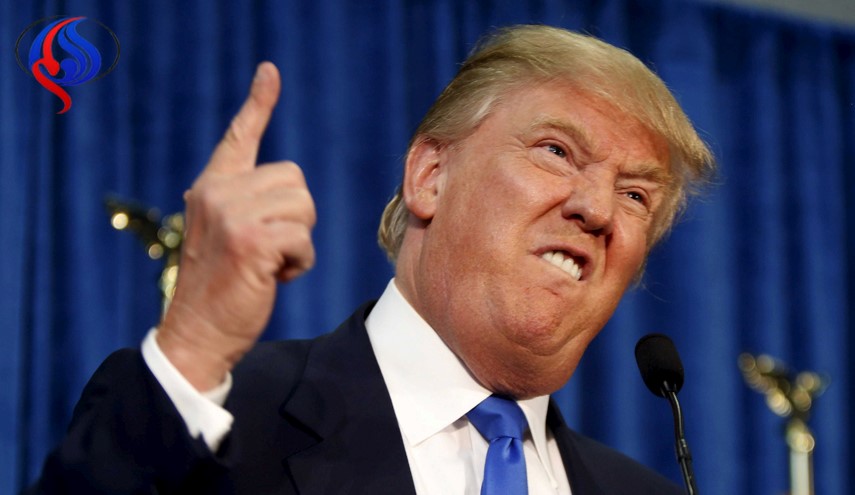Mental Health Professionals, Psychiatrists, psychologists: Trump Incapable of Being President


The 35 mental health professionals said Mr Trump’s “words and behaviour suggest a profound inability to empathise”.
The President’s tendency to “distort reality” to fit his “personal myth of greatness” and attack those who challenge him with facts was likely to increase in a position of power, they added.
It is usually frowned upon among psychiatrists to give a professional opinion of the mental state of a public figure they have not examined in person, as dictated by a passage in the American Psychiatric Association’s code of ethics known as the Goldwater rule.
But in a letter to the New York Times, the doctors said they had decided it was necessary to break their silence on the matter because they feared “too much is at stake”.
“This silence has resulted in a failure to lend our expertise to worried journalists and members of Congress at this critical time,” they wrote. “We fear that too much is at stake to be silent any longer.”

The letter continued: “Mr Trump’s speech and actions demonstrate an inability to tolerate views different from his own, leading to rage reactions. His words and behaviour suggest a profound inability to empathise.
“Individuals with these traits distort reality to suit their psychological state, attacking facts and those who convey them [journalists, scientists].
“In a powerful leader, these attacks are likely to increase, as his personal myth of greatness appears to be confirmed. We believe that the grave emotional instability indicated by Mr. Trump’s speech and actions makes him incapable of serving safely as president.”
A growing number of mental health professionals and Senators of both parties have expressed concern over Mr Trump’s psychological state.
Conservative commentator Andrew Sullivan said the media should be seriously discussing the President’s mental health.
“To have such an unstable figure, incapable of accepting reality, at the centre of the world, is an extremely dangerous thing,” he told CNN.
“I know we’re not supposed to bring this up — but it is staring us brutally in the face.”
Mr Sullivan, who recently penned an article entitled ‘The Madness of King Donald’ in New York Magazine, justified his comments by citing the President’s incorrect claims of “thousands” of illegal voters and inaccurate crime statistics.
Republican colleagues of Donald Trump have also expressed concern about his mental health, a Democratic senator told Associated Press.
Minnesota senator Al Franken said there is concern among “a few” Republicans “that we all have this suspicion” that “he lies a lot”. He added: “He says things that aren’t true. That’s the same as lying, I guess,” independent reported.







